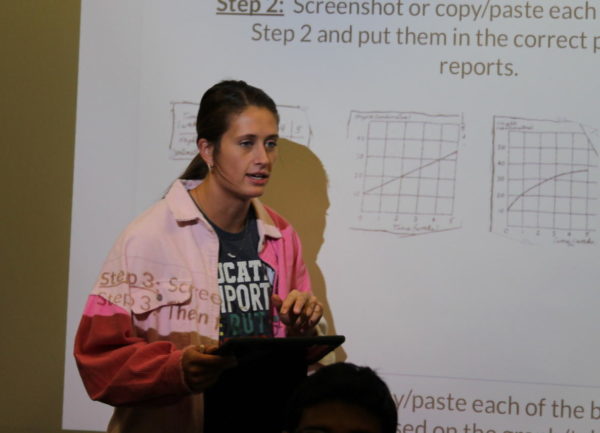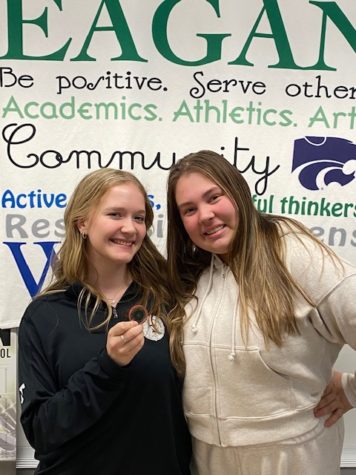Towards a More Inclusive Sexual Education

April 29, 2016
Editor’s note: We continue to follow the sex ed reform story as it develops. Read previous coverage here.
On February 17, Spectrums met with health teachers and administrators to discuss changing the sexual education curriculum to include sexualities outside of heterosexuality. The current Issues in Wellness classes fail to acknowledge many sexualities, including lesbian, gay, bisexual, queer, questioning, pansexual, and asexual. The curriculum only uses examples of a female-male relationships, and Spectrums hopes to change this.
Jason Castillo, president of Spectrums, was “hoping to come to terms with establishing a new curriculum plan… in a successful meeting.” They met with Mrs. Deluca, an Issues in Wellness teacher; Ms.Setter, an administrator; and Ms. Loeffler, the head of the health department.
A solution suggested by Spectrums members was to have guest speakers come in and talk about different subjects, such as expanding on the different types of relationships. Spectrums also proposed using updated videos focusing on modern types of love. For these ideas to work, teachers and Spectrums members will need to find appropriate speakers and videos to represent different sexualities and relationships.
Ms. Terhark, the Spectrums advisor, says that the goal of these talks is to “be inclusive of other types of relationships that aren’t just heterosexual or cisnormative, use terms that refer to other sexualities of students, and look for current videos, consistent with other teachers’ classes.” Split up between different classes, the current sex ed curriculum is not consistent, as different teachers have different ways of teaching the lessons. Spectrums would like to change this.
Other proposed changes include having more in-depth lessons on birth control, STD prevention and testing, and consent. The current curriculum follows the “abstinence-plus” model, meaning that teachers encourage abstinence but don’t expect it. Spectrums wants students to learn about safe and responsible sex so that everybody can feel informed and protected even if they are not abstinent.
Ideas for curriculum changes need to go through the school board. Spectrums hopes to continue its ongoing discussion with Eagan’s health department and administrators, then bring a finalized plan before the board.
















